British photographer Martin Salter is preserving his memories and a nation’s past through quirky, personal and beautifully compositional photographs. Stating that it is about “getting that balance between loose and impactful” he tells us why poignance is found in photographing real people in candid places; distilling daily life, people and culture.
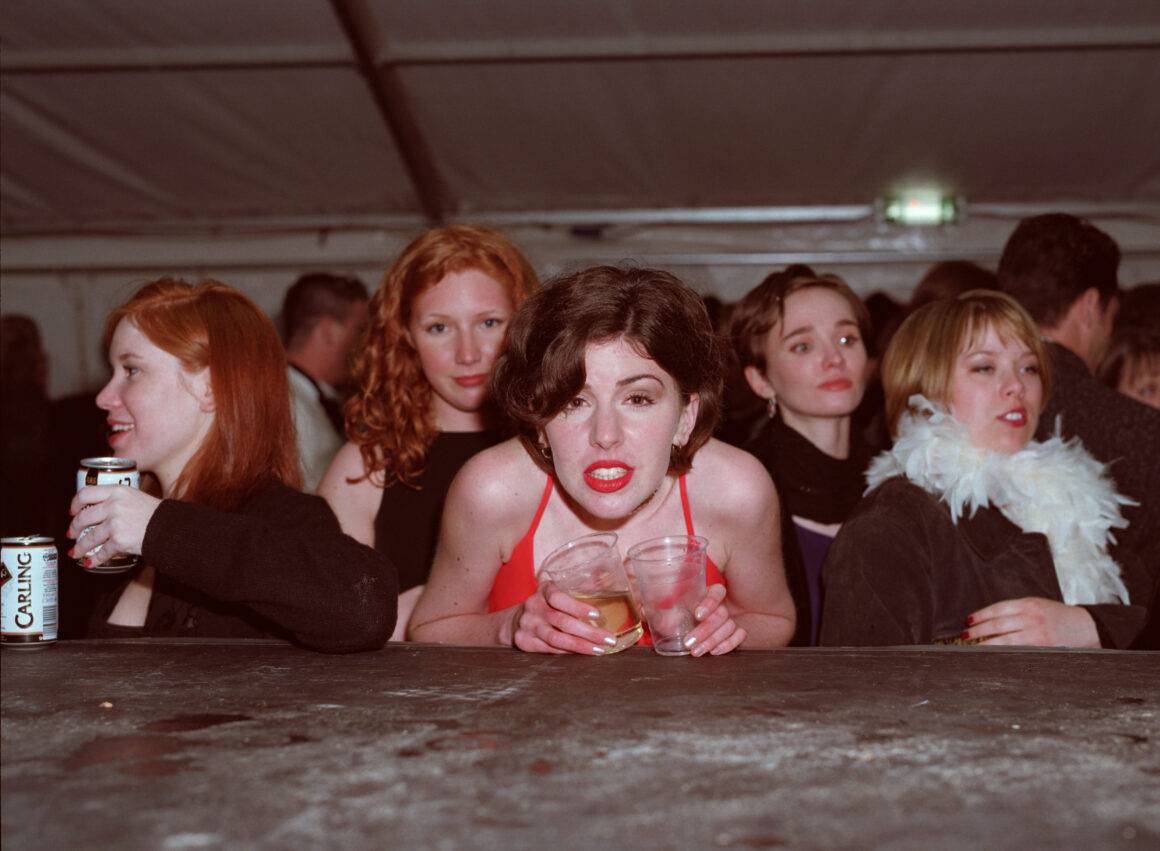
“The tool no longer matters so much but that ability to capture time is never going to lose its appeal.” – Martin Salter.
Lorem ipsum dolor sit amet, consectetur adipiscing elit. Ut elit tellus, luctus nec ullamcorper mattis, pulvinar dapibus leo.
Talking to us about the first photograph he remembers being proud of, the birth of his first of born child and the latest in his photography career, his new book “Memory Lane”, we take a trip through the career and life of Martin Salter. Documenting a nation’s collective memory, capturing moments in time that no one else has, a sense of memory is clearly something that resonates throughout his work.
Stating that as a younger photographer he believed photography to be a tool for social change, he believes it now to be a method in generating an emotion or sense of place. Handing over to this generation’s photographers, we chat about the responsibility of others in the industry within its changing environment and what people with new perspectives, diverse backgrounds and changing subject matters are doing for the photography world.
Read the full interview below.
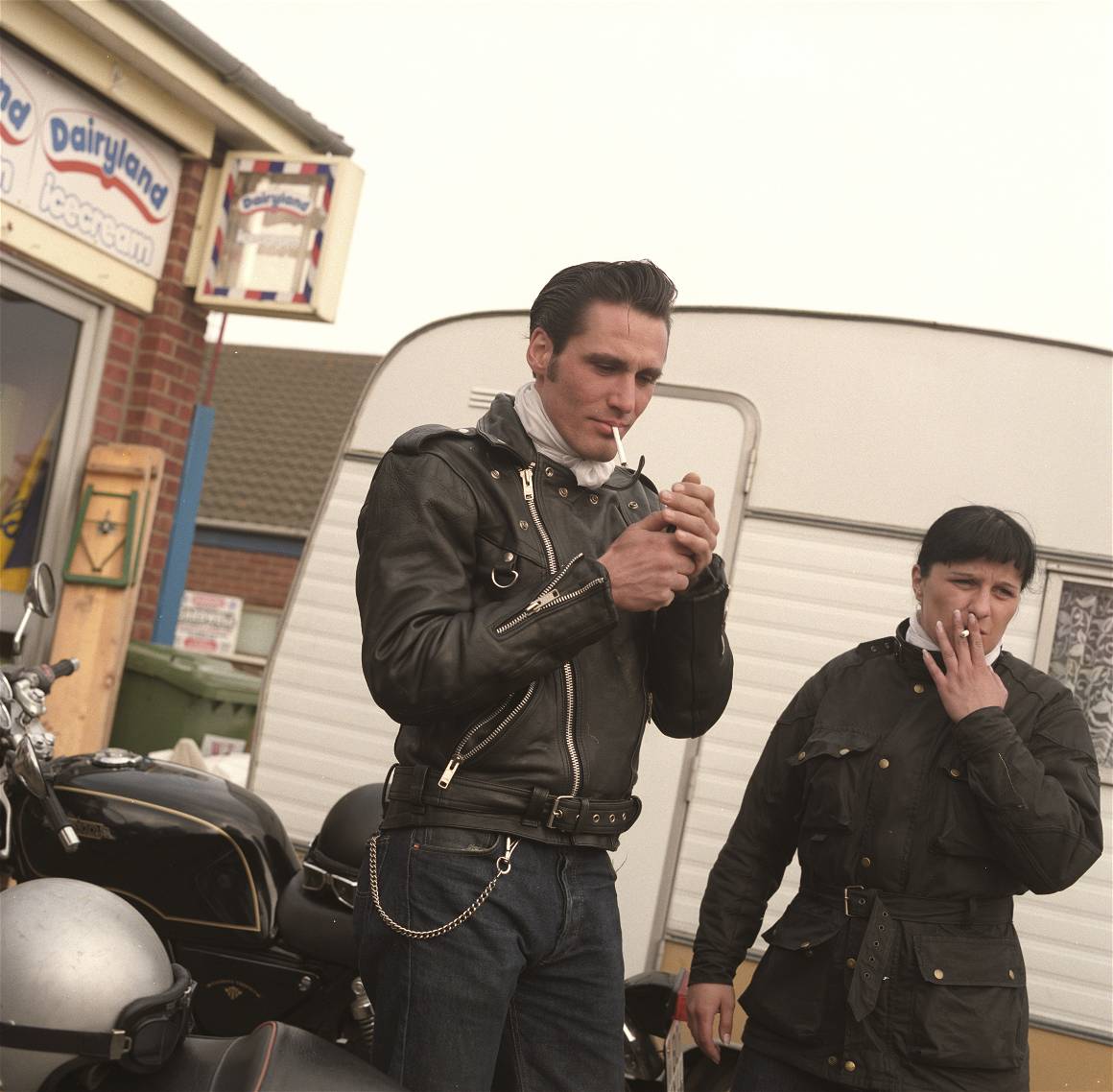
Since starting out in photography, how has the craft of the landscape changed in your opinion?
It was all film when I first started out. I was given my first camera in 1975 – a Kodak Instamatic and that started my interest in photography. I also used to make animated films with a wind up cine camera. I travelled a fair bit in the mid to late 1980’s – shooting film again as digital was still way in the future. Film was expensive then as it is now so on a 5 month trip to India I could only afford 15 rolls of film. That’s around 900 photos in total. Unbelievable really to think that is all you had. This of course made me quite disciplined around shooting so when I started shooting medium format in the late 90’s I often was comfortable shooting only 10 or 12 images per roll. You had to make sure you got something so you focused very hard on making this happen.
There were also less people sharing their images back in the 1990’s – the only way you could find out what was going on in the world of photography was through what the magazines were publishing, what books were coming out and what exhibitions were currently on show. Now it is much easier to see what others are up to which is great as people can connect more easily. It might be that certain visual ideas get exhausted more quickly now as they are copied and shared but that will never detract from the simple fact – that a great photograph is all about the subject and the photographer is the person who shares that with the world. Seeking out great and unique subject matter is still the goal for me.
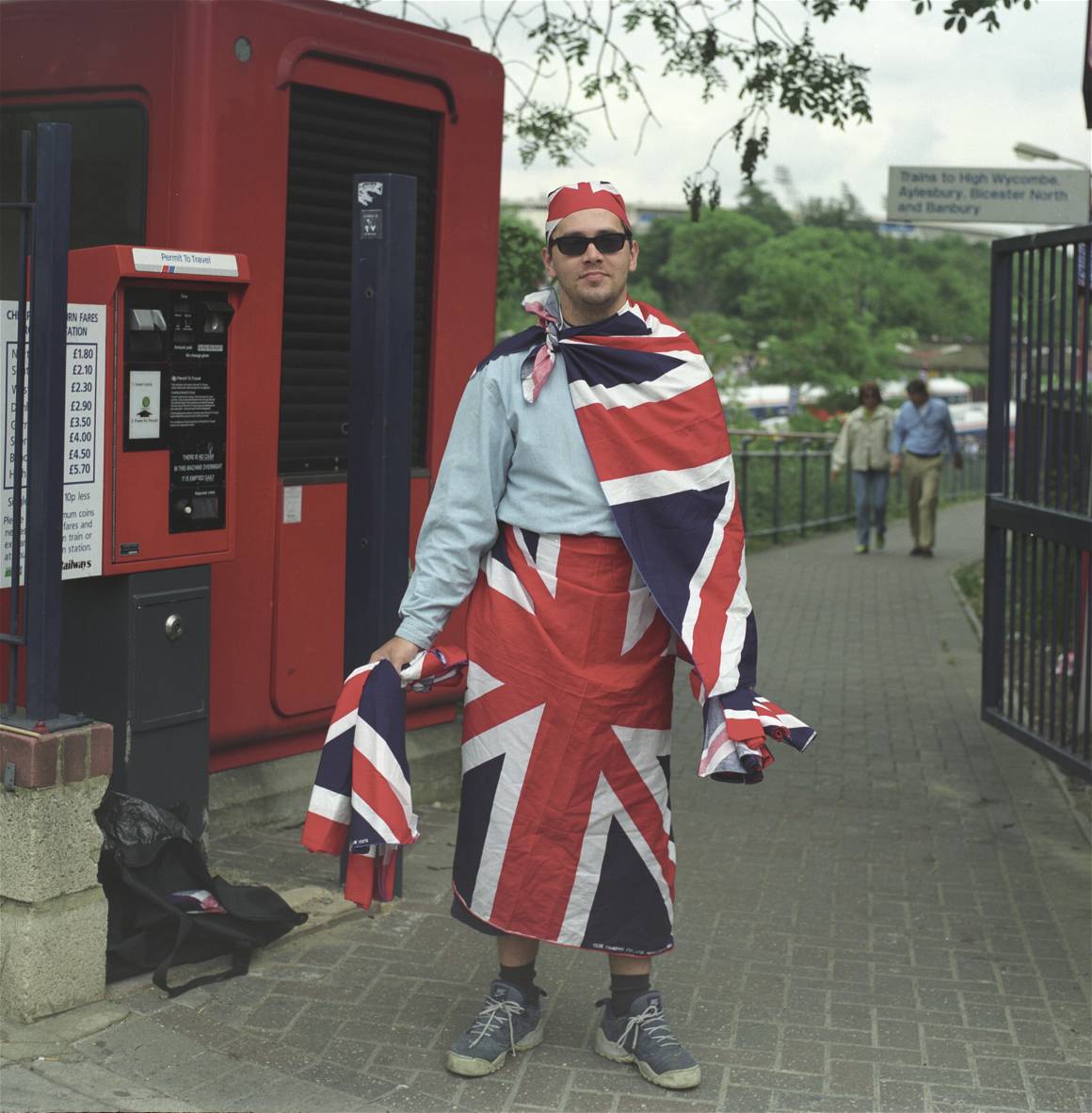
What is the first photograph you remember as being proud of?
The first photograph I can remember being really proud of was probably a shot I took of the bus shelter where my friends and I used to hang out. I was about 16 and my family was moving away from the area. It is quite a boring picture on one level – perhaps like a topographic image – but on an emotional level it spoke to me about my feelings of sadness as we were going to leave the neighborhood behind. I think I took that sadness into some of my early work in England some 15 years later.
What drew you originally to photography? And is it still the defining element for you now?
It’s basically like a magician casting a spell. You capture time. What could be more amazing. Now I can do that on my phone on the way back from the shops or on large format camera on a tripod. The tool no longer matters so much but that ability to capture time is never going to lose its appeal. Only last week I saw this amazing sofa which looked like the throne of a king which had been thrown out on the street. It looked so majestic in the evening light. I took 1 frame on my new toy ( Plaubel Makina 670) and moved on. A hour later I walked passed two guys carrying the sofa back to their house. The image I had made no longer existed. A new image could be made of the guys with the sofa. I decided to just stick with the first one as it was more poignant but another photographer could very easily have photographed the second moment. That would have been their piece of magic.
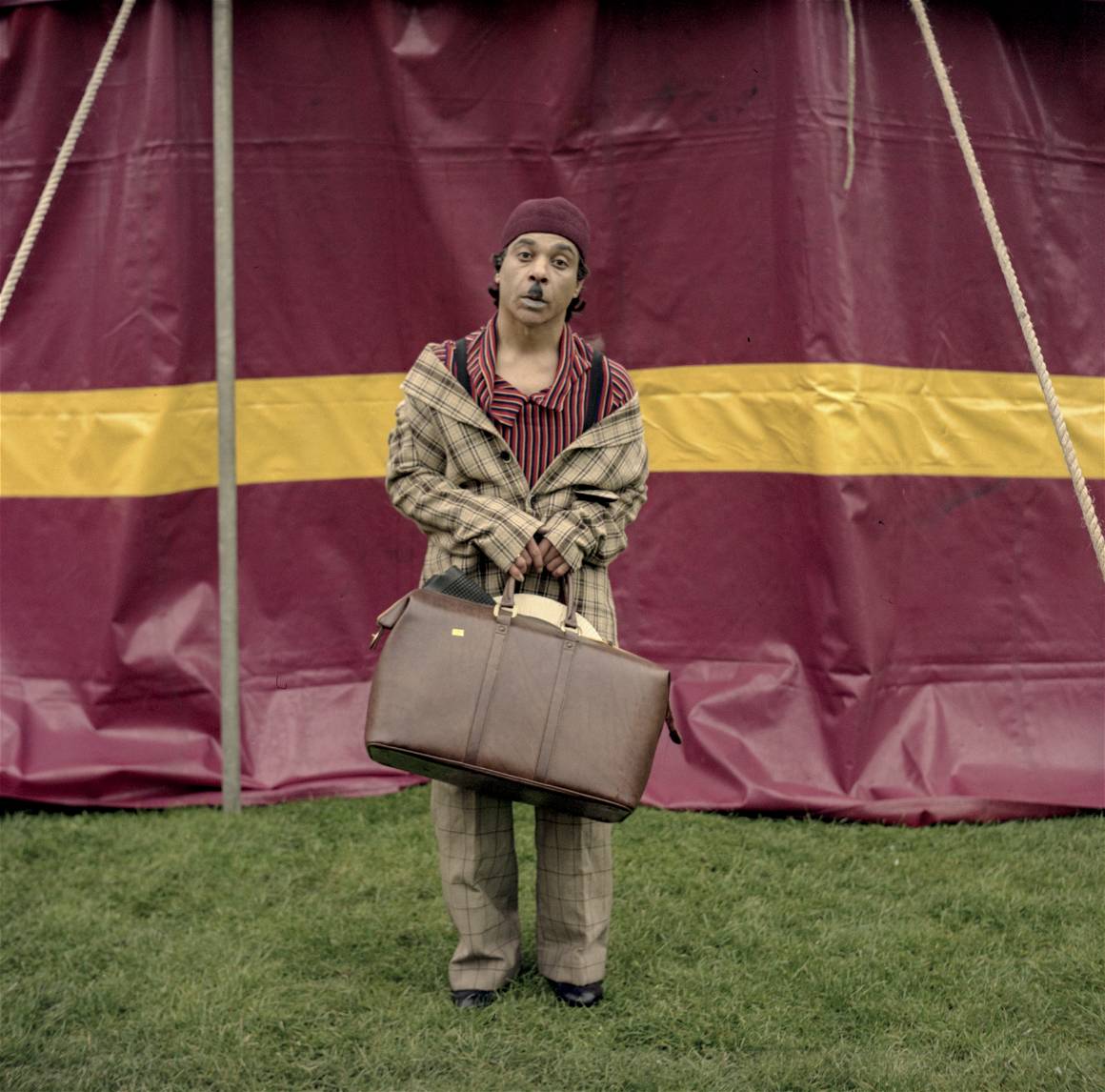
For you, what is the poignance in photographing real people in candid settings? What is it about distilling daily life, people and places that you enjoy so much?
We are not on this planet for long. I am 56 now and life has gone by in a flash. It just does. There is nothing you can do to stop that – except maybe take photographs. I think the more people worry about death the more they photograph to try and stop time ( this is not a theory that has been proven but just my own theory) I also think the more curious they are about life the better their photographs will be. So we have trillions of photographs being made to stop the passing of time and remember and even then we have more considered photography which is perhaps more thoughtful and revealing. Daily life is not interesting just because you photograph it – the photograph has to be interesting too. I see a lot of street photography which feels a little lazy as the composition is weak and I see a lot which is a bit too clever as the composition is too perfect. For me it’s about getting that balance between loose and impactful. It has to feel natural but it also has to grab you and make you notice the subject. Otherwise it’s just another photo of something – rather than a photograph which has transcended the subject and turned it into something new – a wonderful photograph.
What have you learnt from documenting the UK’s people, culture and environment? Has it taught you something you believe you wouldn’t have known without photography?
I had more time in my 30’s to get out and about as my children were small and my responsibilities were less. Also magazines paid you money to actually make photographs and make a living. This is harder now so I have to chose what events I can get out an photograph. I had always wanted to go to a very special event in England which is held in Durham every year. All the mining community from the past march through the town with banners and brass bands and I had been meaning to photograph this for years. One night before the event I decided this was the year I would do it. I caught the train at 5.00am and it took me 5 and half hours to get to Durham, I photographed all day and caught the last train home. I never would have done this unless I had wanted to photograph the event and I am so glad I did. It was wonderful and the camera was my reason for bothering. The one thing I have learned from photographing England is that I have barely begun and there are so many subjects I will never be able to photograph – this is now the responsibility of others, for people from more diverse backgrounds with new perspectives on subject matter they are much more familiar with than I ever could be. I will still get out there though and see what’s going on – it’s just that maybe other people will be far better at doing it than me. That’s fine.
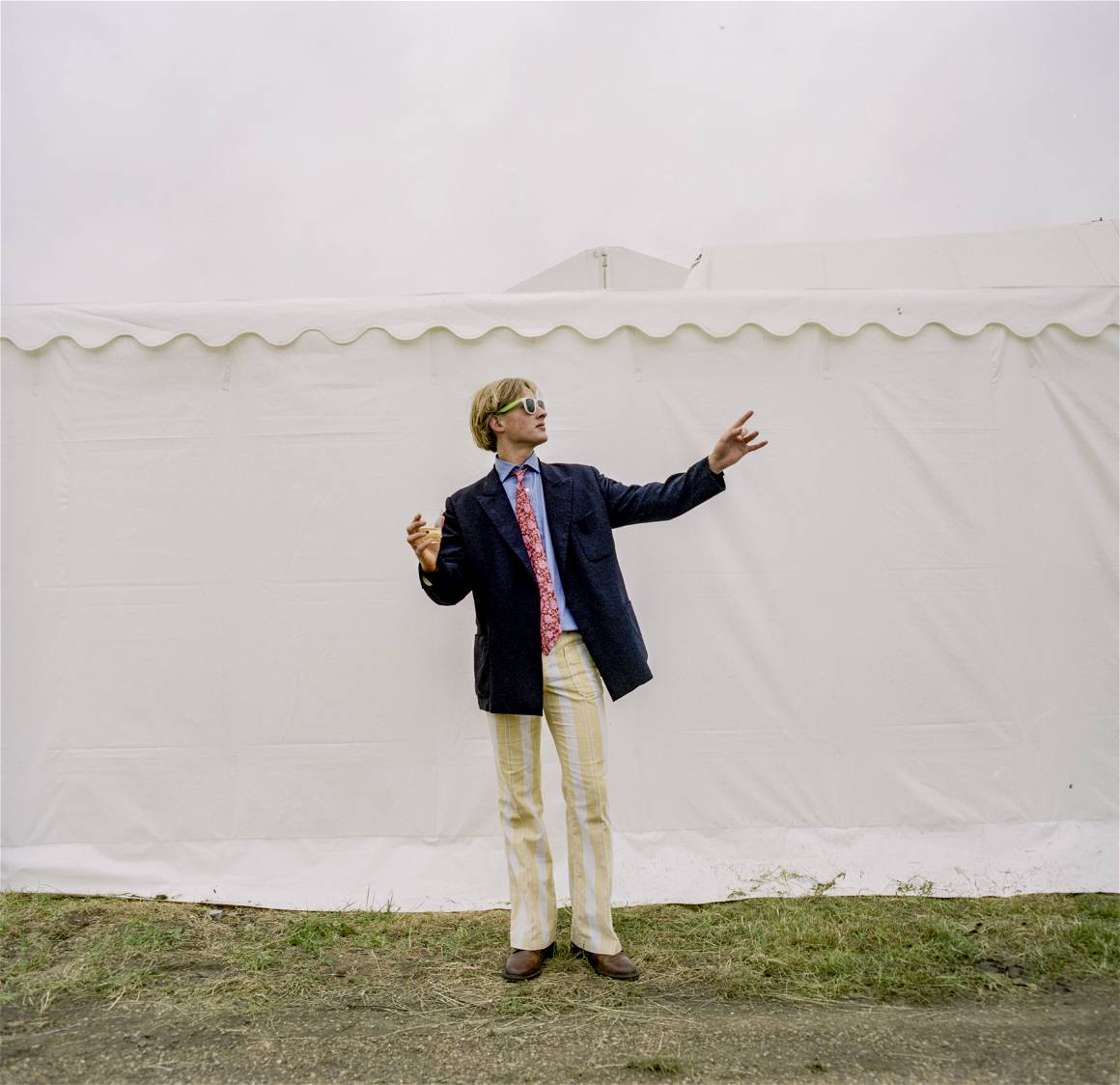
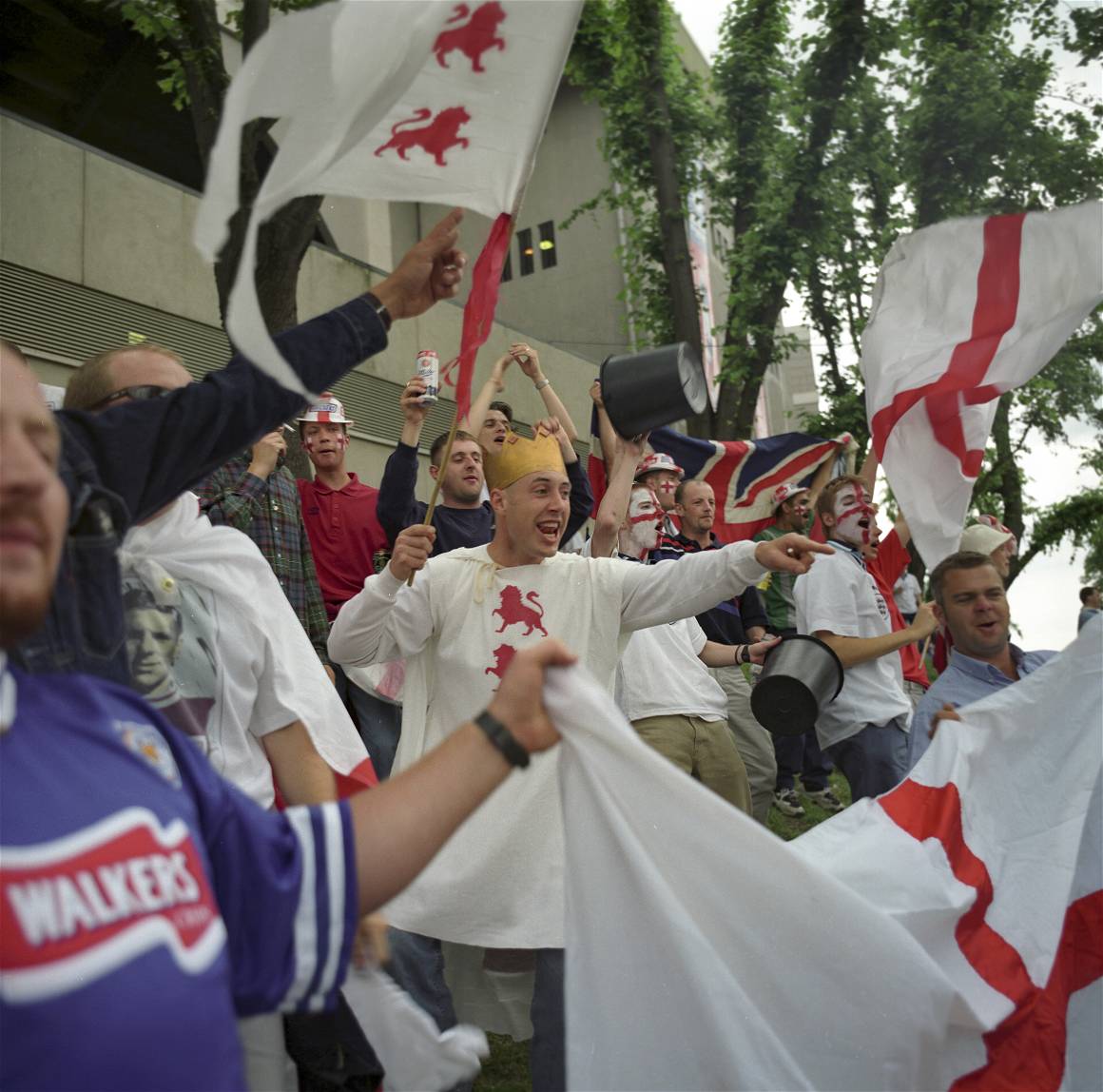
What would you say is the role of photography within society?
Photography can be used for good and for bad purposes. It can be used to misrepresent, to lie and to ridicule. It can also be used to encourage people to be kind, compassionate and more open to new ideas. Society is such a wide range of people – depending on where you stand in terms of ethics I think this will determine what you do with your photographs. When I was younger I thought photography was about bringing social change – it can still help with this – but now it is about generating an emotion, a feeling, a sense of place.
Your work often seems to frame people in their daily lives with natural connections and activities. Is this something you consciously work to achieve or is it more of an artistic reflex you have nurtured?
I spent 10 years working very hard – when I had lots of energy. Between 1995 and 2005 I consciously went out into England to see what I could find and to see if there was any way I could photograph my country in my own individual way. The book of work from this time is being published in September ( called “Memory Lane”) and I think it captures the essence of what I was trying to achieve, which is a sense that although these are photographs of England – they are my particular memories and my particular approach. It’s not so much a style as a way of working and responding to my history. I shot mostly on a Rolleiflex for the work in this book which was slow and considered and meant I could connect with my subject. I also shot more reportage and energetic images in 35mm and 6.45 which I hope to put together in another book on social gatherings – something we have all missed during these times of COVID.
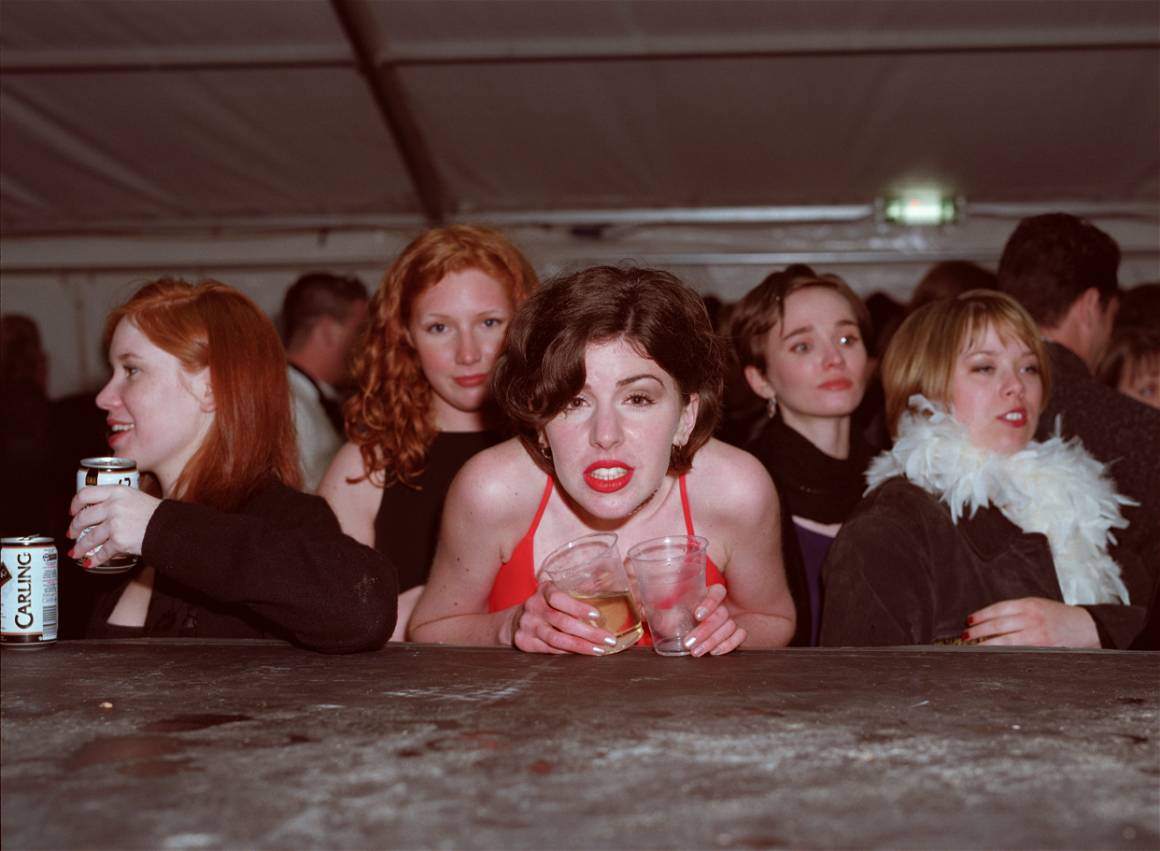
How do you create a connection with your subjects? Or do you often shoot them when they are not looking or focused on the camera?
I either tell people what I’m doing or I chose not to. It’s a choice every photographer has to make. It’s always best to be open about what you are doing which is why I used the Rolleiflex – it says quite clearly I am a photographer – but maybe a slightly eccentric one. I think you should never try to show someone in a bad way – ever. I know some people think it is OK to make cheap shots that are dramatic and clever but I always ask myself one question “ If that was a member of my family photographed in that way how would I feel?” If I would feel bad, I move on. It’s quite a simple filter to use. Today consent and agency are more important than ever. The young woman from the bar series which was on the cover of a magazine got in touch the other day on Instagram – 21 years later. She looks like she is having fun and she looks powerful in the photograph – thankfully she felt the same about the image but I did say I was not sure I could make work like that anymore. She said I should. I am thinking about it.
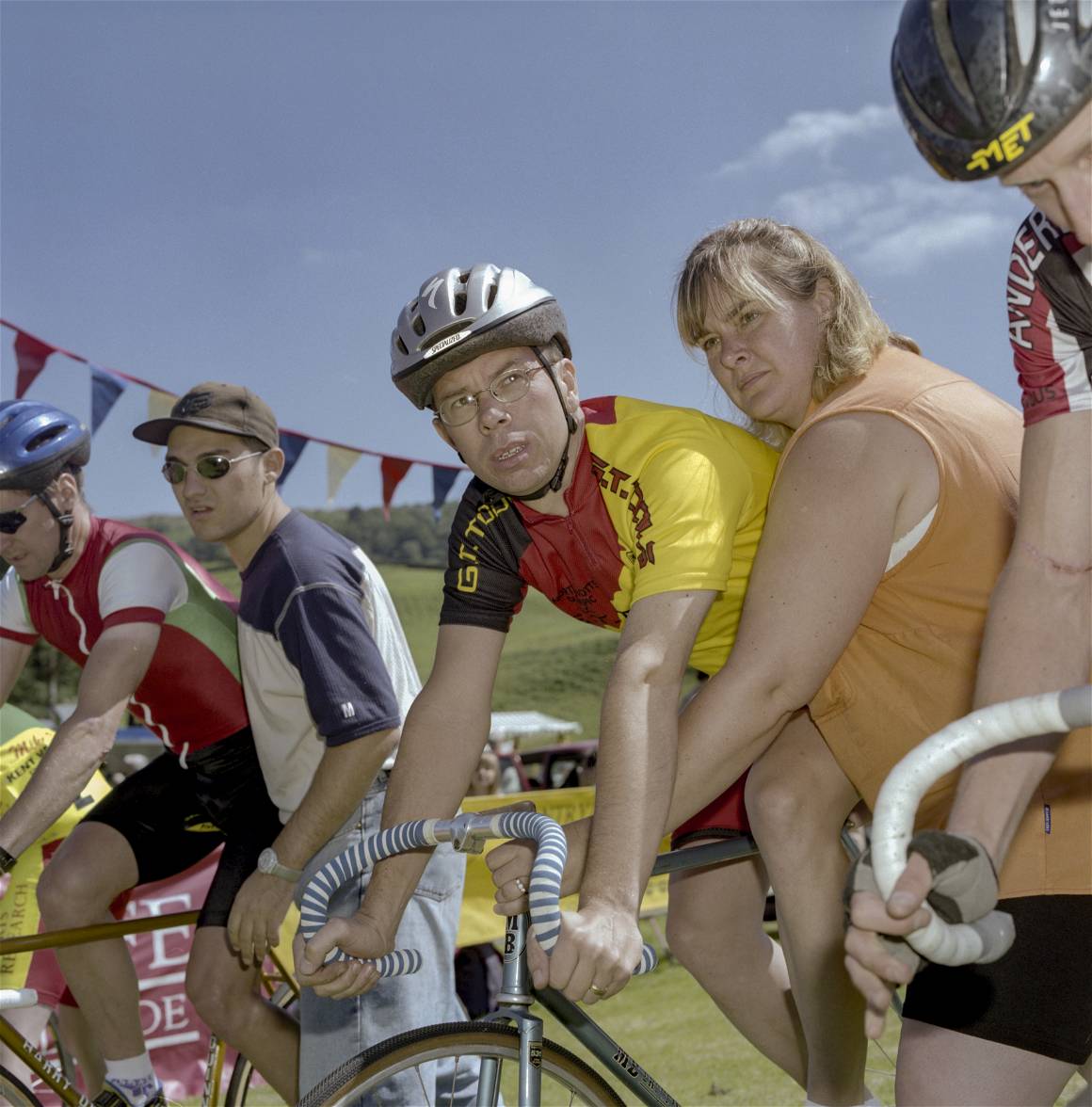
Can you tell us a little more about your most recent work, the new book “Memory Lane”?
Memory Lane is all about a Britain that is living in a misremembered past. The end result of this has been Brexit and a divided nation. Most images in the book were shot in the late 1990’s but you got a sense that many people had not accepted that Britain wasn’t quite as great they had always thought or hoped it was. Many of the subjects of the photographs are long gone now or have grown older, some may no longer be alive. It was necessary that 20 years need to pass for this work to resonate in the way I hope it does now. It is entirely down to my daughter encouraging me to share some of the images on Instagram and the photographer and publisher Matt Stuart getting in touch that the book has become real. I had always hoped one day there would be a book and now, thanks to the kindness of others, there is. It was pretty tough editing down the selection but we decided we wanted to make a strong statement but dress it up with humour and subtlety – with a bit of melancholy thrown in. I love a bit of melancholy.
Do you have a most memorable moment, place and person that you have ever shot? Could you tell us a little about it?
The most memorable moment is a hard one because there are different moments which mean different things. The birth of my first child with my wife smiling at the camera holding him in her arms was a very memorable image as it says so much about how life was about to change. I took a photo of that same child on a walk last year in Devon – he is now 25. Time passes quickly, better get out there and make some work !!
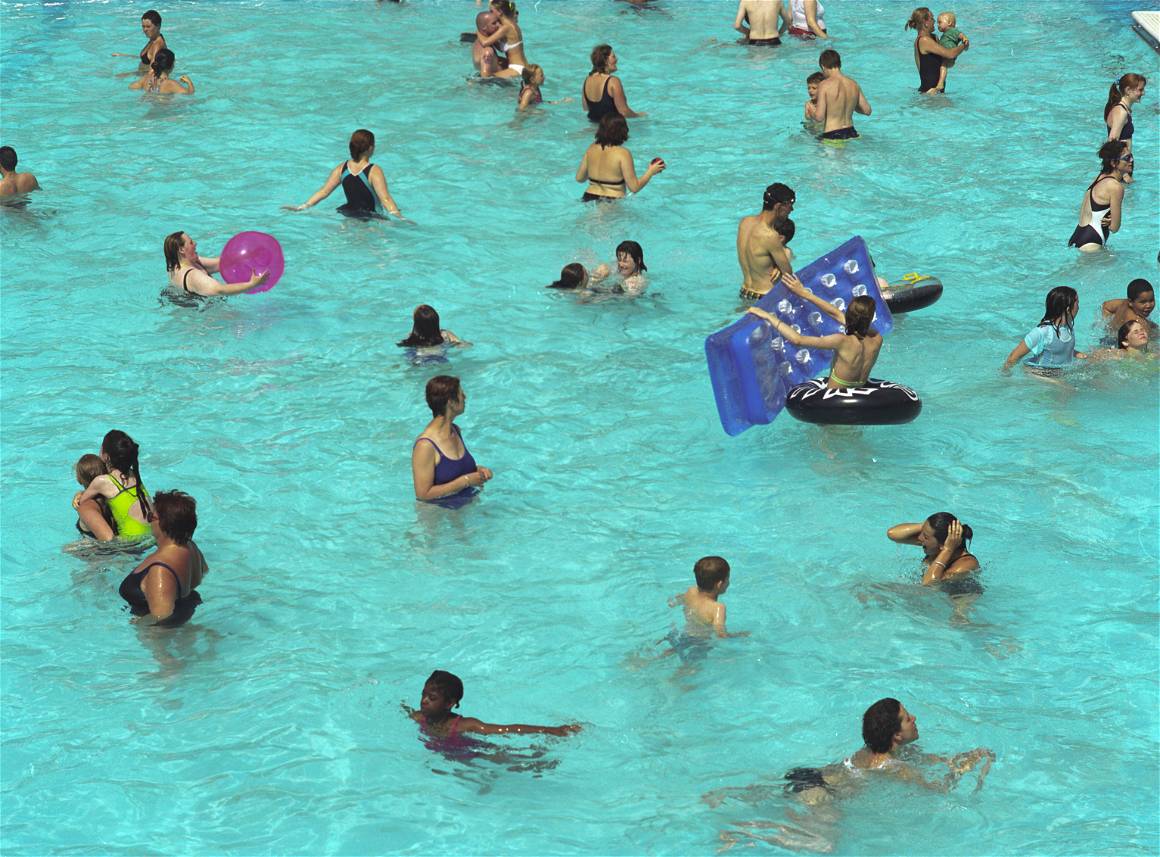
What’s still to come?
I had moved away from photography as my primary income some years back – having set up a video production company to pay the bills. I made a few experimental films too. The unexpected interest in my work has been a little unsettling as I was unsure I could ever get the energy back to make such work again. The simple answer is – I can’t and so there would be no point in trying to recreate what is already behind me. However I have decided to photograph again in a more disciplined way – I have decided to shoot on film for a while as I enjoy the process of working in the ways of the past. I shoot digitally too when the situation presents itself in a way that makes digital relevant – reportage style work for example. I have a few series I am beginning to explore which are a little quieter and less quirky than the work from the past. I am excited by the possibility that there are new things to discover out there and new ways to share them. Now my children are grown up it makes it easier in some ways to get back out there and see what I can find.
Martin Salter has been a photographer since the early 90’s primarily focusing on the UK. See more from him via his website and instagram or sign up for updates on his upcoming new book “Memory Lane” and the accompanying short films.




